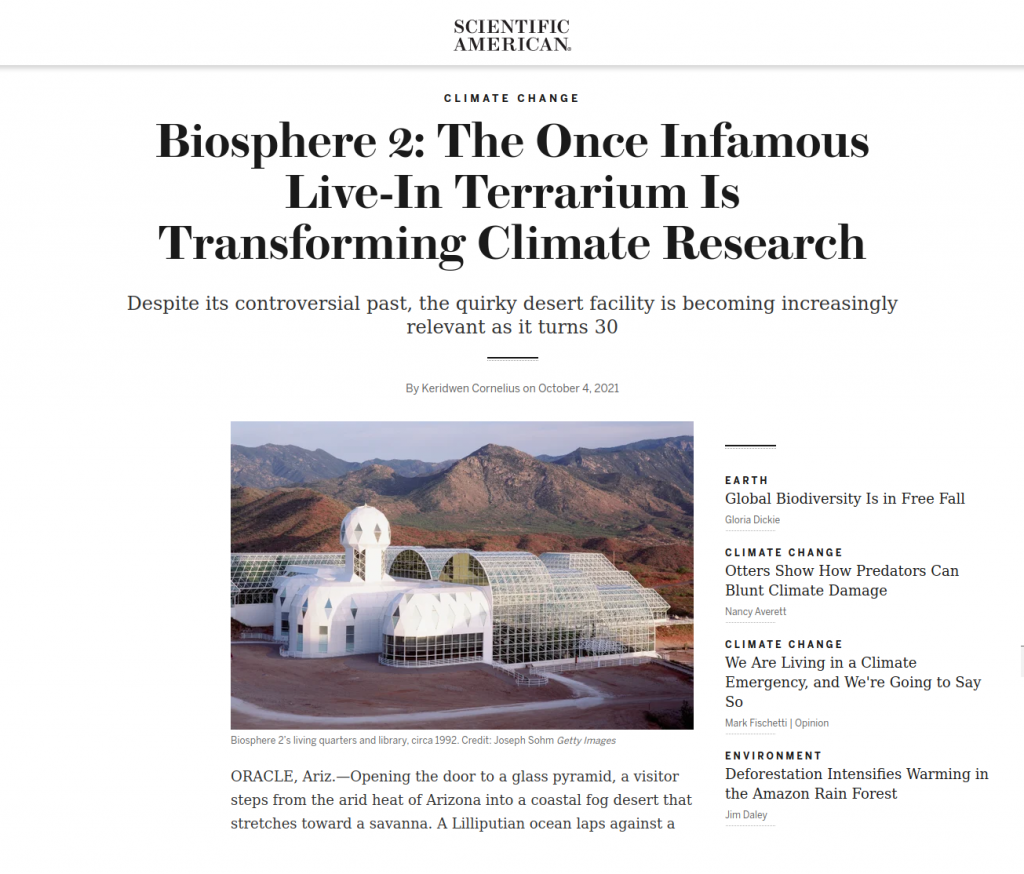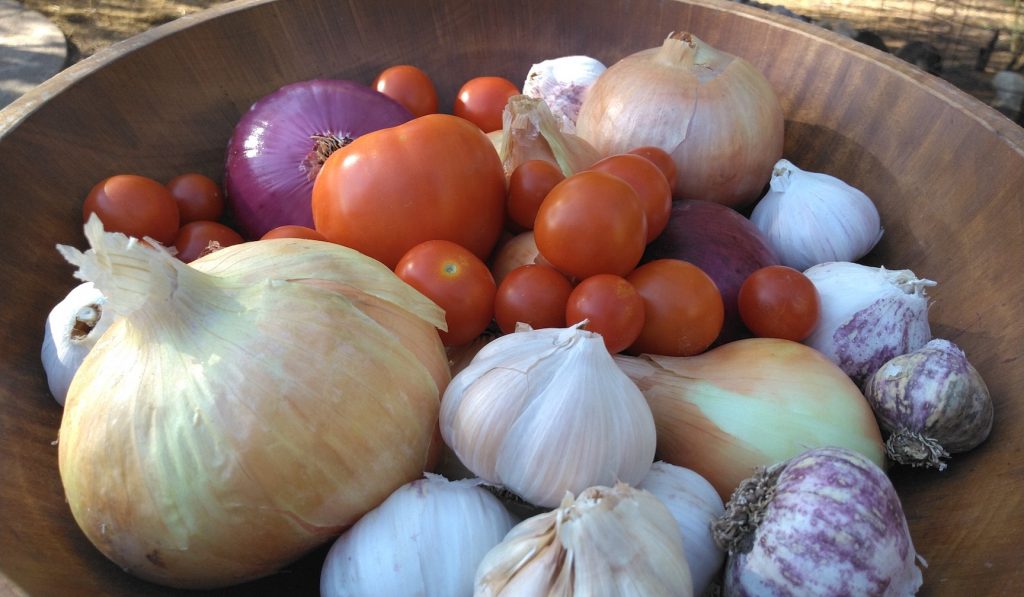Finding solace in the winter of a warming planet
It’s winter in the desert. Cool days, cooler nights. I wouldn’t go so far as to say “cold nights” for there would be contention with those who do in fact endure nights in which being out of doors would be unpleasant, even difficult to endure.
While we might enjoy a dusting of snow, even a few inches each year, this year is coming up mostly dry, warmer it seems than the prior two. I have not yet seen ice crystals formed from latent dew, nor have the mesquite trees lost all of their leaves.
I am deeply concerned. This doesn’t feel right. It should be colder, and with global warming and associated climate change, I wonder if we will ever again have a proper winter, here or anywhere. I feel suffocated by the notion of a world without snow. My childhood memories recall massive snow piles formed by the snow plows clearing the church parking lot just up the street, built even higher by the blowing wind and associated drifts. Nebraska was a winter wonderland in the 70′ and 80’s, yet even there were stories of much heavier winters with drifts over rooftops, roofs collapsing under the burden of such a load.
One cold, bright morning my father attempted to exit the front door of our home in Columbus, Nebraska. The wood door open to the inside, the screen door its winter glass panes made it fully evident that a drift has completely blocked this north-facing exit. The side door, to the west was the same. As our garage was attached, my brother and I pulled on our many layers of winter gear, grabbed shovels, and climbed through the high kitchen window to the south. We sunk nearly to our chest, through the thin crust and into the light drift. I wonder now if I was at all concerned with falling all the way through, well over my head. Yet I was a kid, and such thoughts were not likely present in my brain filled with the adventure of of a house buried in snow.
We made our way along the west side of the house, around the corner to the drive way that terminated beneath the shallow overhang and garage door. We dug our way to the front door, clearing shovel after shovel until the porch was revealed. Our father greeted us from the inside, smiling for our endeavor.
I don’t recall the details, but he surely joined us in clearing the drive such that he might be able to get to work that or the next day, by foot or by car. But in that neighborhood, as with so many, the social duty of clearing snow, raking leaves, mowing the yard was more important than the need to get out of the house. Then, as now, I prefer to be snow’d in for a few days, a week or more.
In the southestern corner of Arizona, in the San Pedro River corridor and our community of Cascabel, it would take a total shift in the global climate to result in such an event (which would be welcomed by some, and completely rejected by others). We embrace the winter rain as the reason to tend a fire all day, set a kettle on the wood burning stove, and remain in doors. The clouds roll as turbulent waves overhead, this mesquite forest at the bottom of a shallow sky sea. The steel panel roof alerts me and Colleen to the rain even before we take notice of the wet patio and smell of the desert drinking it all in. That sound, the sound of rain drops that have fallen several miles only to crash into a metal surface, roll down to the gutter, and into the planters and water catchment systems–that sound is as comforting a lover’s voice at the break of dawn, as engaging as an orchestra in its first movement, as breathtaking as the opening score of a favorite film.
Once again, I am counting raindrops in Cascabel, cherishing the waves of precipitation throughout the night, and secretly hoping it will snow.
When the muse cannot find the keyboard
So many stories, so many things I want to say trapped in an internal monologue. Sometimes the words make it to my mouth, sometimes to my tongue only to be whispered in an inaudible tone. But my fingers, they are so simply too far away from my brain. By the time the words reach those distant implements, those tools of communication the words fall silent and lose their form, only an echo of what were moments before clear in my head.
SAM featured in Scientific American

Biosphere 2: The Once Infamous Live-In Terrarium Is Transforming Climate Research, October 4, 2021
by By Keridwen Cornelius for Scientific American
“The Space Analog for the Moon and Mars (SAM) ‘is very much, at a scientific level and even a philosophical level, similar to the original Biosphere,’ says SAM director Kai Staats. Unlike other space analogues around the world, SAM will be a hermetically sealed habitat. Its primary purpose will be to discover how to transition from mechanical methods of generating breathable air to a self-sustaining system where plants, fungi and people produce a precise balance of oxygen and carbon dioxide.”
Alone in the City
I feel more alone in the city
than I do alone in the wilderness.
When the sky opens and the water comes down
How does one describe rain falling upon the desert? Sometimes drop by drop as counted upon the sheet metal that lines the rooftop. Sometimes as an afternoon shower that reduces the heat for just a few hours. Often the storms are seen in the distance, on the far side of a ridge or across a wide valley. The waterfall beneath a distant cloud is painted as dark brush strokes across a backlit, fire lit sky orange and gray. And sometimes, just a few times each year the rain is described not by how it falls but by how it fills the mountain stream beds. Otherwise dry tributaries give rise to cascades over mineral stained lips and parched hanging gardens into fields of polished boulders, crafted over millions of years.
The first water is quickly absorbed by decaying litter and underlying sand. But as the hidden boundaries between ancient geological features are saturated, the water rises up, filling the space between grains of sand then cobbles, submerged tree trunks, and river banks. This is when the water falling down transforms into a race across the land; when we no longer count the rain drops but instead take heed of the shaking earth, at first from thunder and then the tumbling of stones and uprooted trees whose trunks are too large for human arms to embrace.
It is in these desert interactions that earth-bound creatures touch the sky, when heaven, as if needing to relieve itself of a heavy burden tears does open wide. We look not for angels nor the shadow of a bearded man, rather we applaud the branches of blinding lightning and celebrate the ability of a storm to cut to the core of our animal being.
In Cascabel the rain is a reason for celebration. The many varieties of succulents fill to nearly bursting their green skin. Garden vegetables and fruit trees no longer hesitate to yield. Seeds dormant just below the surface break through the crust, rising from seedling to six feet tall in less than two weeks, each day noting increase in height and stem diameter. Neighbors phone friends and send email messages with timing and directional movement of the storm. “Here it comes!”, “Get ready!”, and “We got over an inch already!” followed by “Made it to town” or “The road is out!”
The rain is welcomed even when it makes travel difficult for it reminds us of our incredibly small importance in a much larger world. When all that we have built, when all we have carefully organized and maintained can be undone in a matter of hours or in a single flash flood, the storm reminds us to respect and embrace the ambiguity of a world in which we are not in control, and to celebrate that which we are given, even if just a few times each year.
Exploring Another World
For the past two weeks I have enjoyed the rich experience of exploring the undersea world of the coral reef of Roatan, Honduras. For my entire adult life I have wanted to gain my SCUBA certification. While I have snorkeled in Hawaii, Thailand, mainland U.S. and Mexico, I am proud to state that I am now PADI certified for open water diving.
As part of an Explorers Club expedition organized by my associate Trent Tresch, Colleen and I were given opportunity to explore the undersea world at 1500 feet below sea level, in a home made submarine. It was an incredible, truly other-world experience that neither of us will ever forget.
Principal to the expedition was the sampling of water, at various depths, to look for microplastics, and to tag six gill sharks, a very poorly understood, 300 million year old creature that lives its entire life in incredibly deep bodies of water.
We were successful in both regards, unfortunately discovering microplastics (as expected), and other members of this dynamic team were able to tag two sharks, the transmitters tracking their movements for a few months, and one year respectively. The final beacon will release itself as programmed, float to the surface, and then transmit all captured data via satellite to be studied.
A summer harvest

The Cascabel Community Garden never ceases to amaze me with its prolific production of fresh produce, even as the summer temperatures set new high records. Our local community members apply their experience, skills, and labor year-round, with roughly three growing seasons and associated harvests. Today, following my morning run, I stopped by the garden to select onions, garlic, tomatoes, and the last pickings of leafy greens. The tallest of the tomatoes were started in my house in January, way ahead of the official season. When I moved to the Biosphere 2 to work on SAM the weekly watering was not ample to keep them from wilting on my window sill. Transported to the community garden greenhouse, they were well cared for and now stand over six feet tall, with juicy, sweet tomatoes on every vine.
If I could never again eat a store-bought tomato, I’d be a very satisfied person.
Space Radio with Dr. Paul Sutter
Astrophysicist Dr. Paul Sutter interviews SAM Director Kai Staats from within the Biosphere 2!
“This week on Space Radio I had the opportunity to catch up with my good friend Kai Staats. Kai joined us from the grounds of the University of Arizona’s Biosphere 2 as we talked about his newest project, Space Analog for the Moon and Mars. Among other topics, we discussed the removal of perchlorates from the Martian soil and how Methane could potentially be used.” — Dr. Sutter
Hidden Ugly
The more we barricade ourselves from others, the more others want to get in.
The more we hide our bodies, the more the unclothed body is appealing.
The more we tell our children “No!” the more we rob them of their childhood, their creativity, their passion for learning terminated before it is ever given form.
